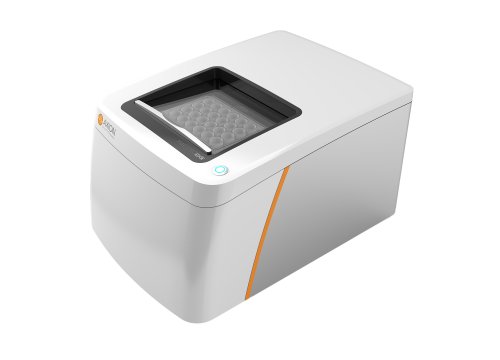Authors: Björn F. Vahsen, Sumedha Nalluru, Georgia R. Morgan, Lucy Farrimond, Emily Carroll, Yinyan Xu, Kaitlyn M. L. Cramb, Benazir Amein, Jakub Scaber, Antigoni Katsikoudi, Ana Candalija, Mireia Carcolé, Ruxandra Dafinca, Adrian M. Isaacs, Richard Wade-Martins, Elizabeth Gray, Martin R. Turner, Sally A. Cowley and Kevin Talbot
Nature Communications, 22 September 2023
Scientists use Maestro MEA to explore neural activity in co-cultures of ALS patient-derived induced pluripotent stem cell (iPSC) microglia and healthy motor neurons in vitro.
Research has shown that microglia play an important role in amyotrophic lateral sclerosis (ALS), but the underlying mechanism is not fully understood. In this study, researchers explore microglia function in ALS using co-cultures of C9orf72 ALS patient-derived induced pluripotent stem cell (iPSC) microglia and healthy motor neurons. According to the authors, a hexanucleotide repeat expansion (HRE) mutation in C9orf72 is the most common ALS-associated genetic variant.
To determine if ALS microglia induce a non-cell-autonomous toxicity in healthy motor neurons in vitro, the scientists used Axion’s label-free Maestro multielectrode array (MEA) platform. Although neural activity was not disrupted, the authors expect that electrophysiological dysfunction may manifest with longer periods of co-culture.
Overall, the findings demonstrate “cellular dysfunction of C9orf72 HRE mutant microglia, and a non-cell-autonomous role in driving C9orf72-ALS pathophysiology in motor neurons through MMP9 signaling.” The scientists also identified a potential biomarker for early microglial dysfunction. These results may lead to the development of novel therapeutics and better ways to assess microglial function in ALS.


